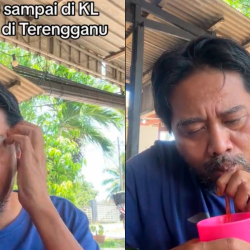Ex-Costa Rican leader looks to lead Inter-American Development Bank
By Alvaro Murillo
SAN JOSE, July 10 (Reuters) - Former Costa Rican President Laura Chinchilla promises to make the Inter-American Development Bank more efficient and transparent if she is selected to be the institution's new chief, Chinchilla told Reuters in an interview.
The Washington-based Inter-American Development Bank (IADB), which has always been headed by a Latin American since its founding in 1959, is currently led by Colombia's Alberto Moreno, who is set to step down in September.
Chinchilla's candidacy was dealt a blow after the United States broke with decades of tradition to nominate its own candidate.
But if she wins, Chinchilla said her focus would be on helping Latin American economies recover from the blow of the coronavirus pandemic and enact reforms.
"This speaks of the need to restructure the institution to make it more efficient and transparent," Chinchilla said in a phone interview this week. All multinational organizations, she said, will be obliged to generate changes in the wake of the pandemic.
"IDB officials have to go out a lot more to work in the field," she said. "The bureaucratic obstacles in Washington have to be lowered, we have to worry not only about designing the projects but also about the best possible execution."
The International Monetary Fund is forecasting Latin America's and the Caribbean economy to shrink 9.4% this year, almost double the contraction forecast for the global economy.
Chinchilla said part of the difficulty facing the region in reigniting economic growth will be accessing liquidity. "That is why the bank is going to gain more prominence."
In June, U.S. officials said they intended to nominate Mauricio Claver-Carone, a Cuban-American lawyer and U.S. government official, to head the development bank, a nomination later supported by Brazil.
The United States is the IADB's largest shareholder with 30% of the voting rights, while Argentina and Brazil each have 11.3% in voting power. (Reporting by Alvaro Murillo; editing by Drazen Jorgic)






